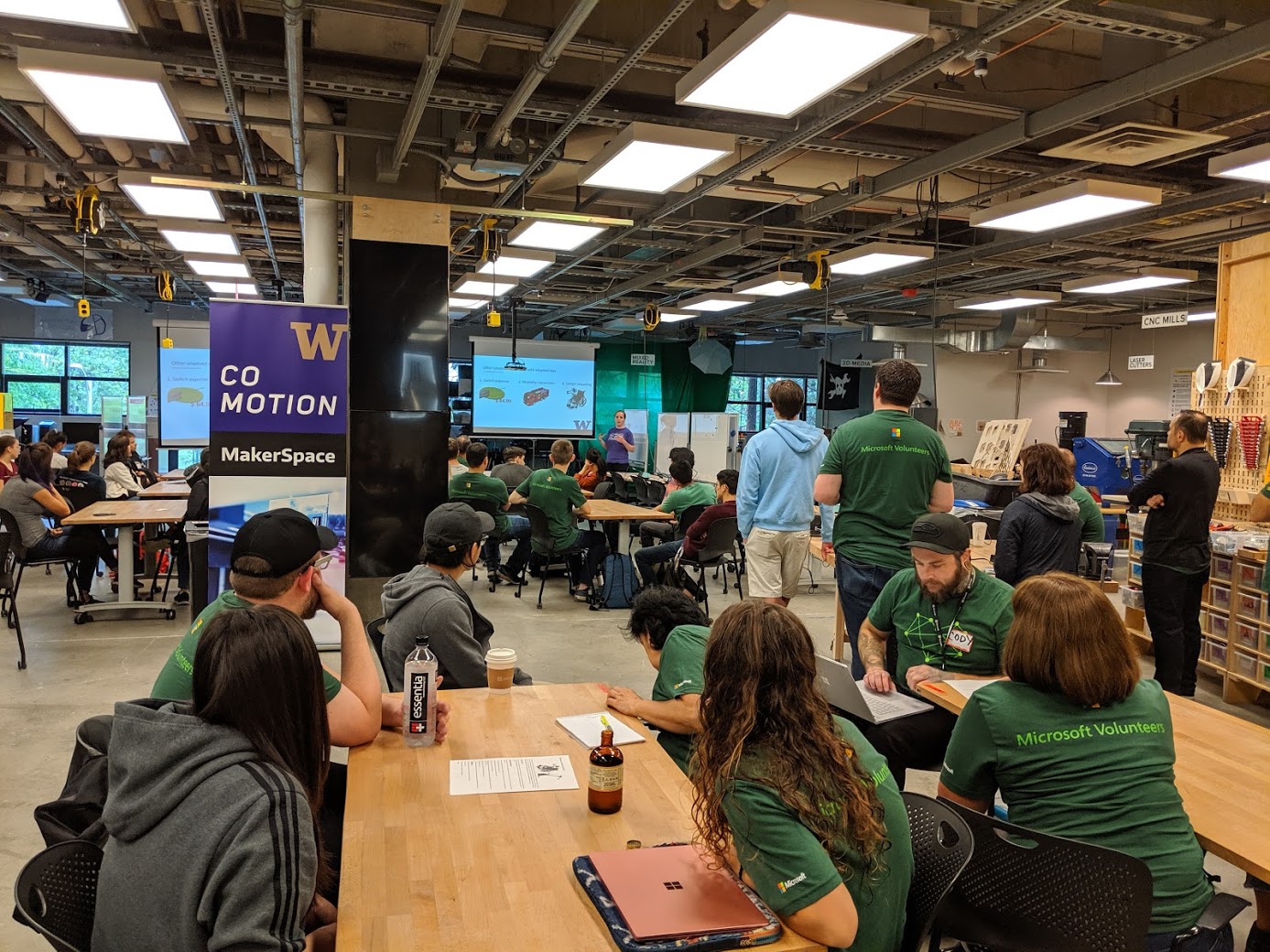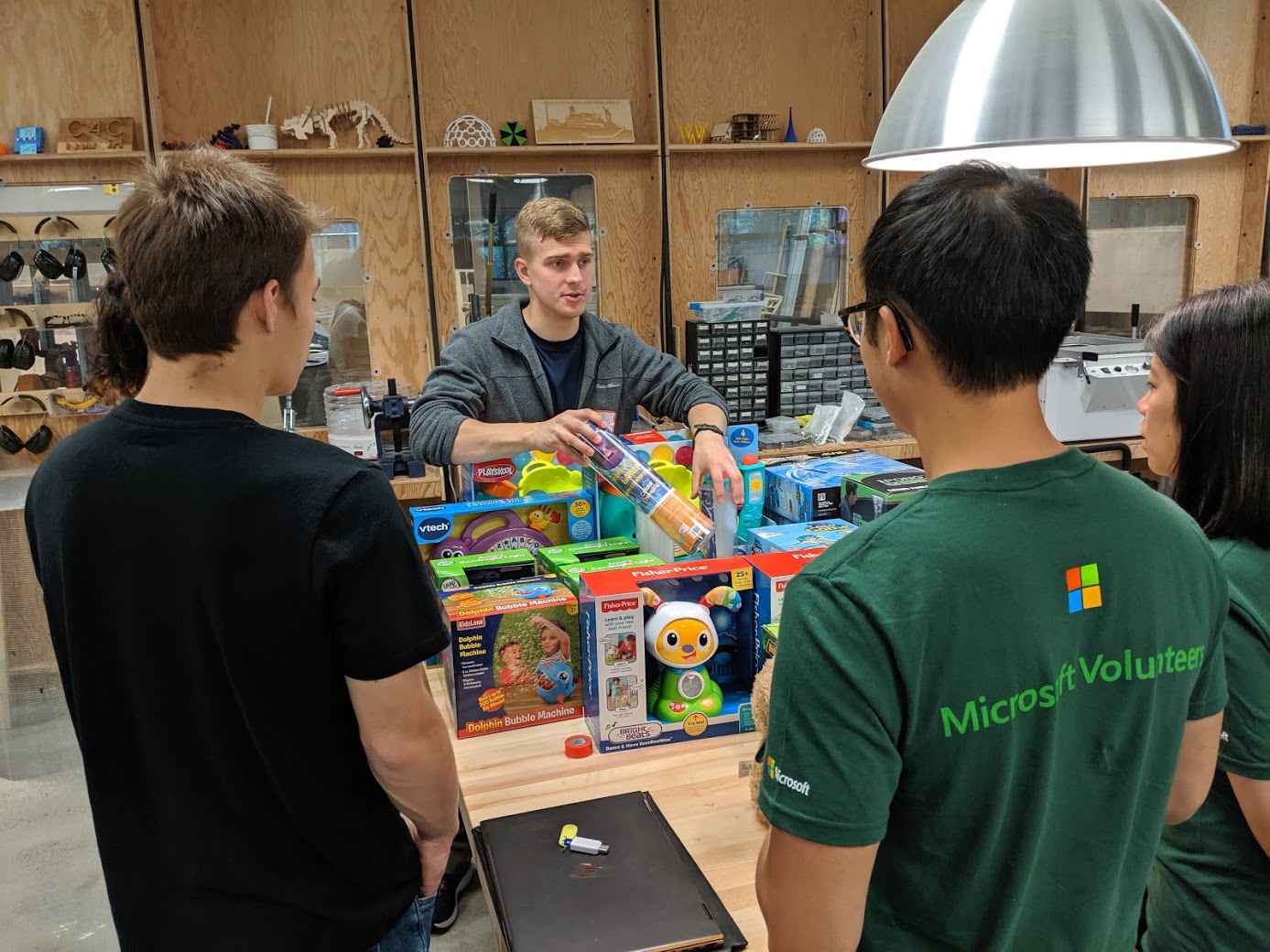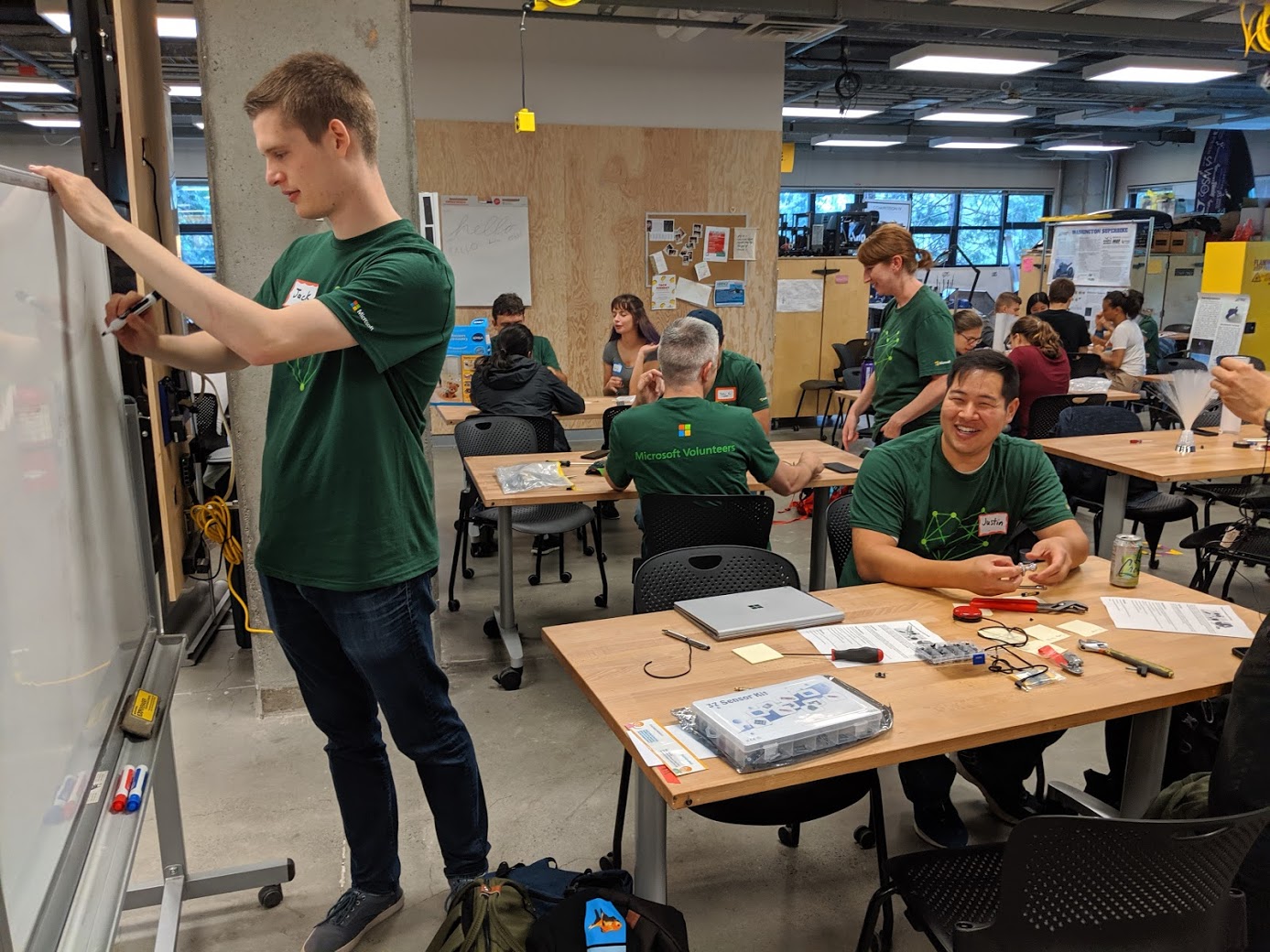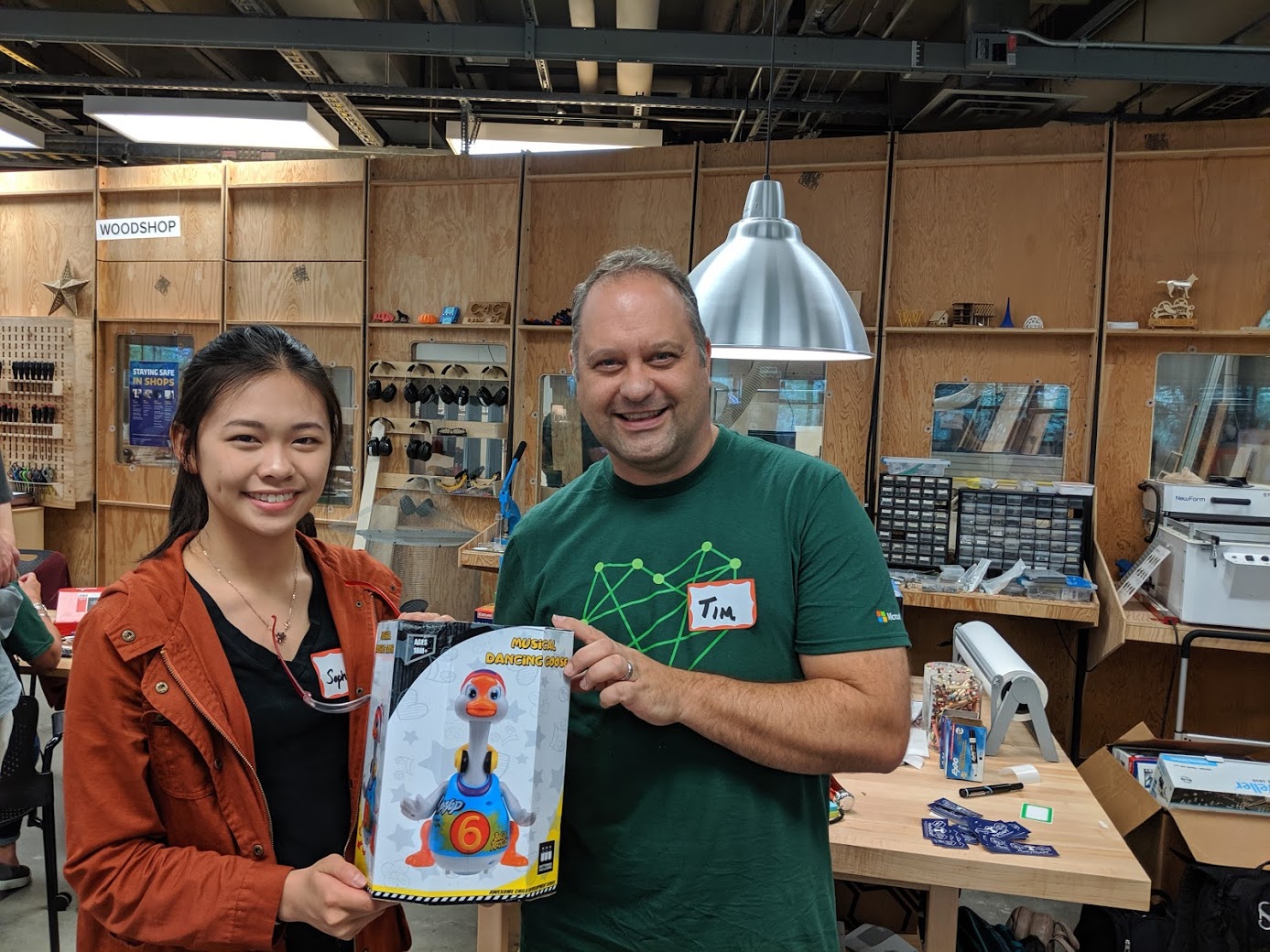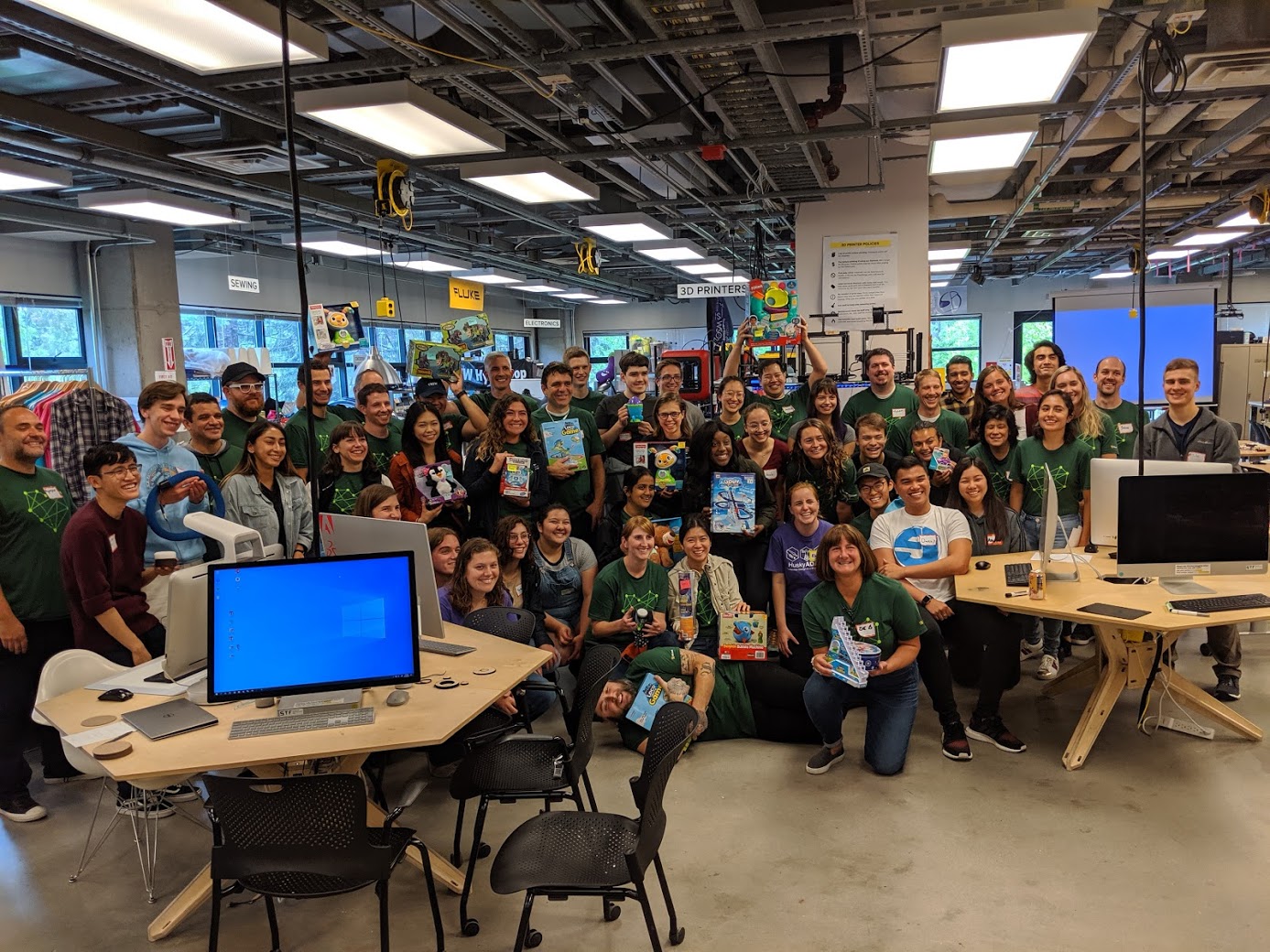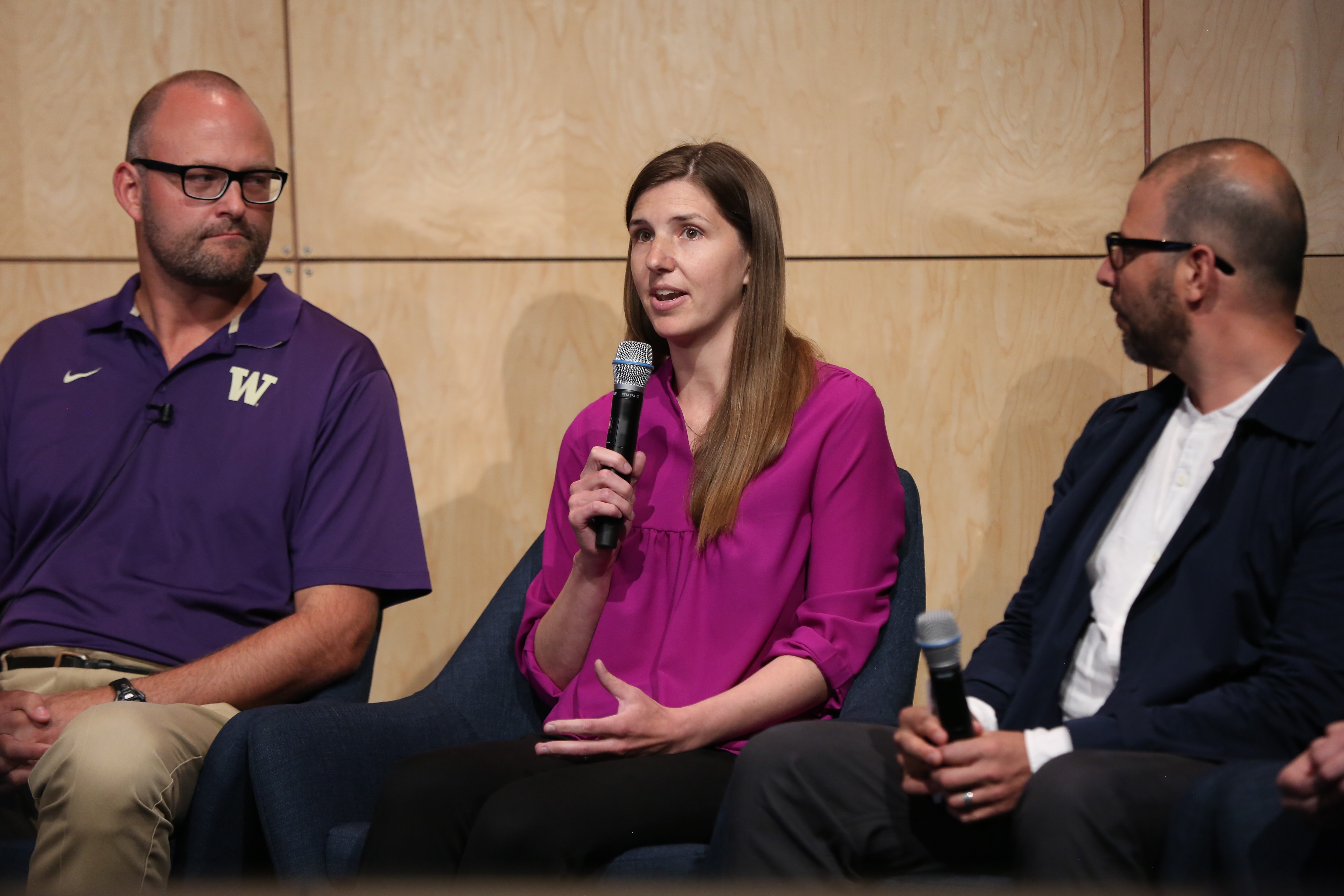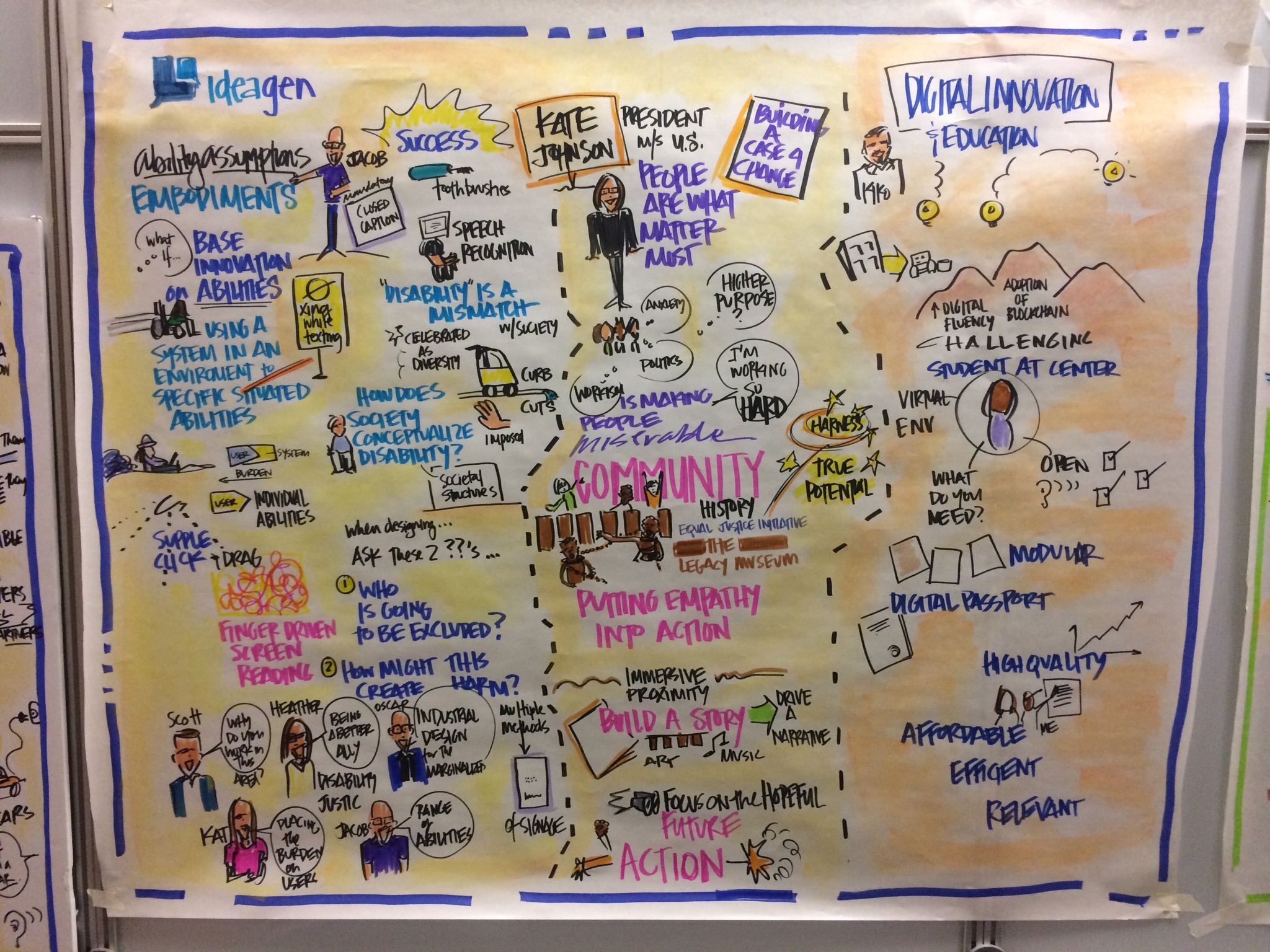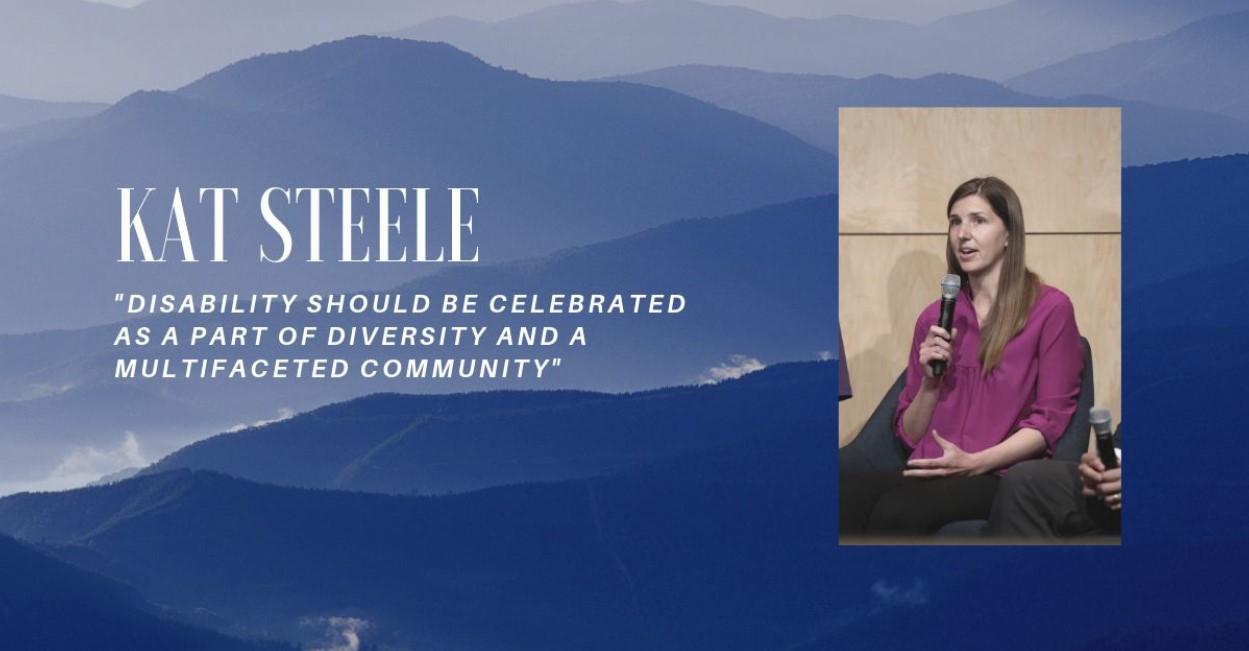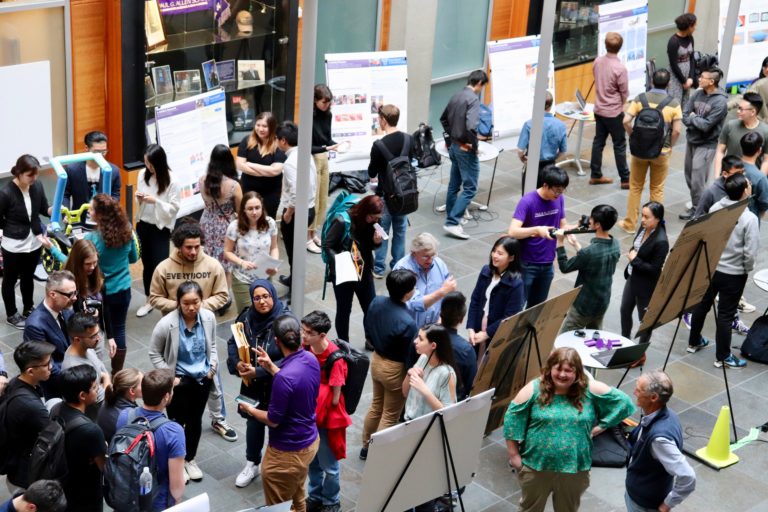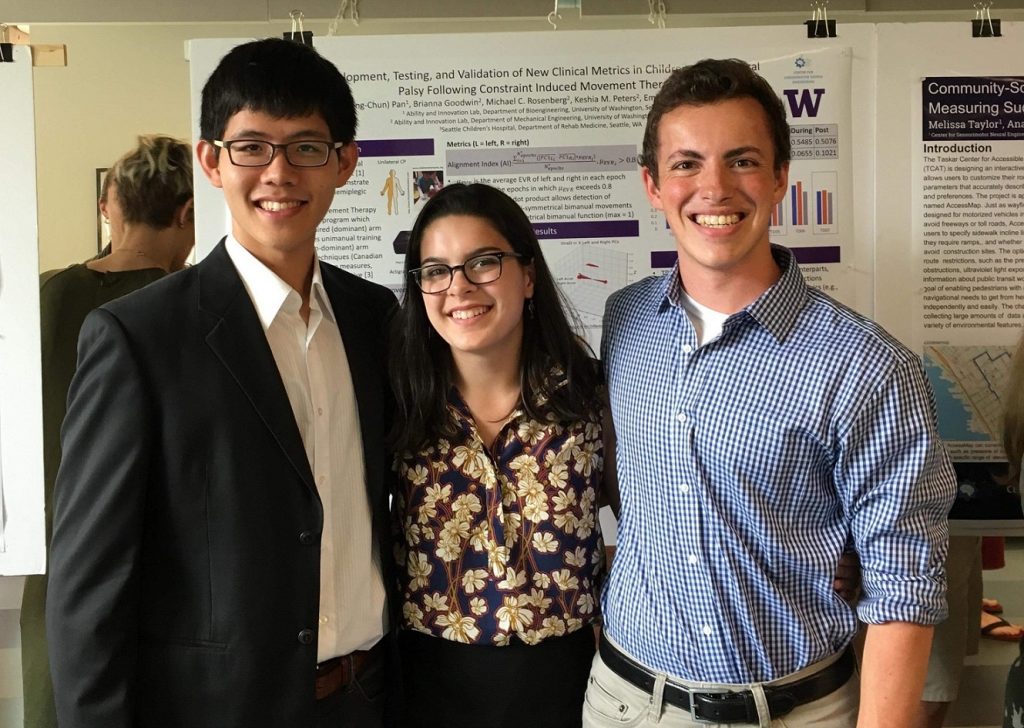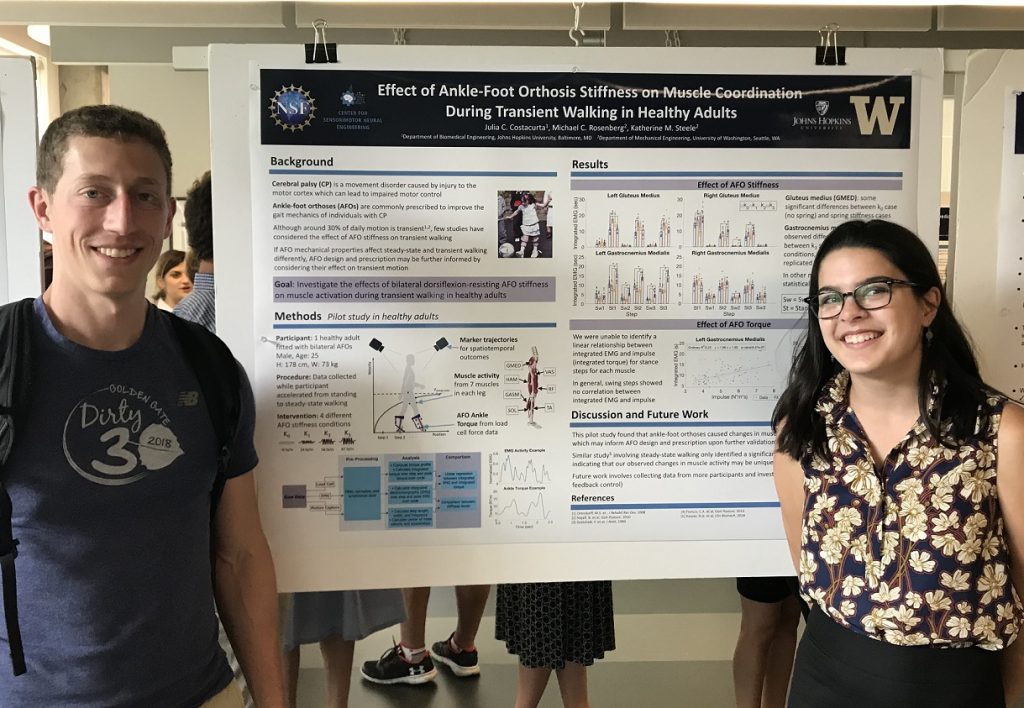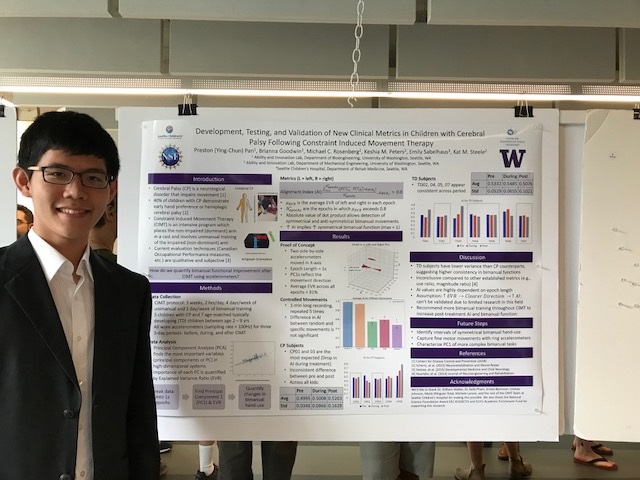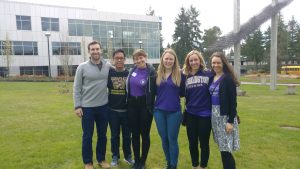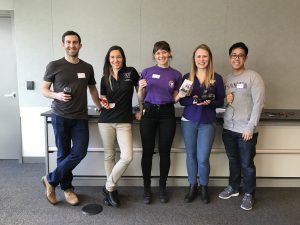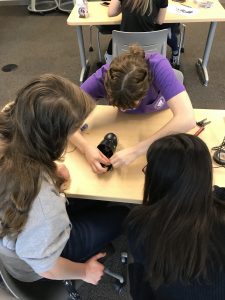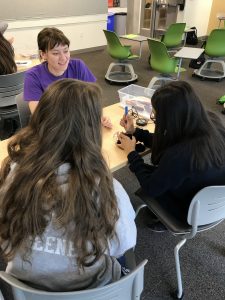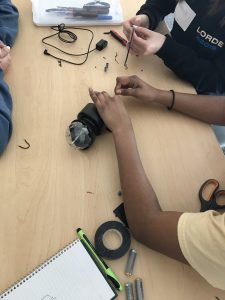Alyssa Spomer along with HuskyADAPT (Accessible Design & Play Technology) hosted the first-ever adapted toy Hackathon with Microsoft. The event combined design and toy adaptation, as teams of HuskyADAPT students and Microsoft employees worked together to adapt toys and develop new designs for adapted toy switches and switch mounts.
Over 25 Microsoft employees joined 20 students, including the Steele Lab’s own Alyssa Spomer, Nicole Zaino, Charlotte Caskey, and Elijah Kuska, in the CoMotion MakerSpace for this community-focused and adaptive driven workshop.
During the day-long hackathon, over 20 toys were adapted to incorporate a new switch mechanism to facilitate play and several new inexpensive switches, toy-type converters, and switch mounting systems were designed and prototyped. Thank you to the Microsoft employees, for their willingness and commitment to assist those in need, the CoMotion MakerSpace volunteers, for allowing us to use their space, and our HuskyADAPT team and lab members, for their dedication to outreach events.

